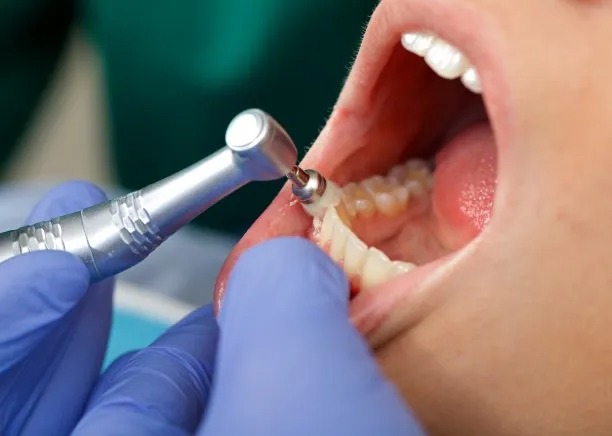Essential Precautions to Follow for Safe and Effective Root Canal Treatment Explained in Detail
Summary: Root canal treatment is a common dental procedure designed to save infected teeth. While it is generally effective and safe, there are essential precautions that both patients and dentists should take to ensure the best outcomes. This article explores four critical aspects: understanding the procedure, maintaining sterile conditions, effective pain management, and following post-treatment care. By emphasizing these essential precautions, patients can minimize complications and enhance recovery, leading to a successful dental experience.
Understanding the Root Canal Procedure

Before undergoing a root canal, its crucial for patients to understand the procedure fully. A root canal involves removing infected or damaged pulp from the inside of a tooth, followed by cleaning and sealing the empty cavity. This step is vital for preventing further infection and preserving the tooth. Awareness of what to expect can help alleviate anxiety and enhance cooperation during treatment.
Patients should also discuss their medical history with their dentist. Conditions such as heart disease or certain allergies can affect treatment and recovery. By being transparent about one’s health, adjustments can be made to accommodate specific needs, thereby enhancing the effectiveness of the procedure.
Moreover, its advisable to ask questions about the materials used during treatment. Some patients may have sensitivities or allergies to specific dental materials. Understanding the types of materials that will be used can lead to better comfort and fewer post-treatment complications.
Maintaining Sterile Conditions During Treatment
Maintaining a sterile environment is paramount during root canal treatments. Dentists must follow strict hygiene protocols to prevent contamination both during and after the procedure. This includes the use of disposable instruments and proper sterilization of tools before use. Such measures significantly reduce the risks of infection and ensure a clean working area.
The dental team should also employ barriers such as gloves, masks, and gowns to protect both patients and staff. These barriers are crucial in minimizing the chances of cross-contamination. Ensuring that the clinic follows these protocols can lead to greater patient confidence in the safety of their treatment.
Additionally, proper isolation techniques such as rubber dams can significantly enhance the success of root canal treatments. These dams help keep saliva and bacteria away from the treatment area, aiding in a cleaner and more effective procedure. They also allow for better visibility and access to the tooth, facilitating more precise work.
Effective Pain Management Strategies
Pain management before, during, and after root canal treatment is essential for patient comfort. Dentists typically use local anesthesia to numb the area, making the procedure as pain-free as possible. However, patients should communicate their pain thresholds and preferences to ensure adequate pain relief.
Moreover, discussing post-treatment pain management options before the procedure can prepare patients for recovery. Dentists often recommend over-the-counter pain relievers or prescribe medications depending on the patients needs and existing health conditions.
Understanding potential side effects of the prescribed medications is equally important. Patients should inform their dentist of any past experiences with medications, allowing for tailored prescriptions that minimize discomfort while also considering allergic reactions or other adverse effects.
Following Post-Treatment Care Instructions
Post-treatment care is a significant factor that contributes to a successful recovery after a root canal. Dentists provide written care instructions, which may include avoiding certain foods, maintaining oral hygiene, and observing any changes in the treatment area. Following these instructions is vital for preventing complications such as reinfection or delayed healing.
Regular follow-up appointments are also essential to monitor the healing process. These visits allow the dentist to check for any issues and to take corrective action if necessary. Patients should not hesitate to reach out if they experience excessive pain or unusual symptoms post-treatment.
Lastly, patients should maintain good oral hygiene practices even after the procedure. Regular brushing and flossing, along with routine dental check-ups, can help ensure the longevity of the treated tooth and prevent future issues. Education about dental care can empower patients to take control of their oral health.
Summary:
This article outlines fundamental precautions necessary for safe and effective root canal treatment, emphasizing the importance of understanding the procedure, maintaining sterile conditions, effective pain management, and diligent post-treatment care. By adhering to these precautions, patients can enhance their treatment experience and promote better long-term dental health.
This article is compiled by Vickong Dental and the content is for reference only.



